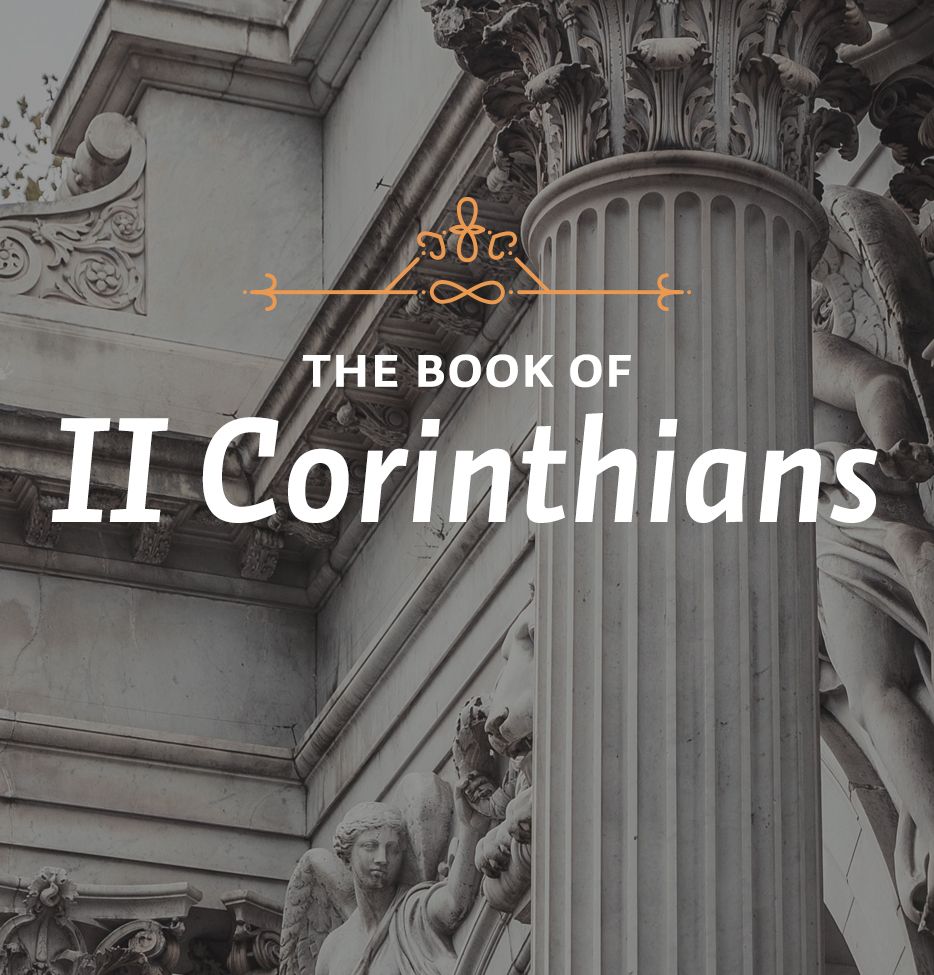These Earthly Thorns2 Corinthians 12:1-10Theme: Common Suffering.This week’s lessons teach us that God’s grace is all we need to get through life’s hardships. LessonNow we come to the second section, which concerns Paul’s thorn. The actual translation of the Greek word is “stake.” Something was given to Paul that was so painful that it was like being impaled upon a stake. It made him weak. I think he was referring to his weakness in a literal sense. Paul explained, “Three times I pleaded with the Lord to take it away from me” (2 Cor. 12:8). Maybe there were three particular outcroppings of this disorder, but whatever it may have been, God’s word to Paul was simply, “My grace is sufficient for you, for my power is made perfect in weakness” (2 Cor. 12:9).
What do you suppose that thorn was? You would think in all the years since Paul wrote this letter that if it could be uncovered, the scholars would have been able to do it. And yet, they have not. As you reflect on the kind of explanations they give, you sense that the reason they settle on one particular explanation rather than another is that that particular explanation grows out of their own experience. So what they are really doing is writing about themselves when they are trying to interpret what the Apostle Paul endured. Perhaps that is not all bad, because what it means is that, as they read this, they see themselves in this experience, which is precisely, I think, what God intends for us to do.
The earliest explanation from the church offered by people such as Tertullian, was that Paul suffered from what we today refer to as migraine headaches. People who have this are greatly debilitated by it. That is one possibility.
A little later on in church history, after a period that was particularly marked by persecutions, certain church fathers like St. Augustine tried to explain Paul’s thorn in the flesh as outward persecutions. That was because Paul referred to it as a messenger of Satan. The word “messenger” suggested to these men that “the thorn” referred to individual persecutors. They were thinking of people like those in Ephesus who stirred up the population against Paul. But they were likely explaining it along those lines because that was their own experience in that period of church history.
Still a little later there was a tendency to identify this thorn as sexual temptation. That explanation points to the kind of piety that existed in the Roman church in those days, and the fact that they spoke so highly of the celibate life.
In more recent days, people have tended to give more medical explanations. A very popular one has been that Paul was afflicted with very bad eyesight or an eye infection. There is some substance in that argument. In the book of Galatians, Paul speaks of something that made him distasteful in the eyes of the Galatians. When he signed his letter, he wrote, “See what large letters I use as I write to you with my own hand!” (Gal. 6:11). Perhaps that means Paul could not see well. So although he added his own handwriting at the end of the letter, he had dictated the majority of it to someone else to write for him.
Perhaps he wrote with large letters because he could not see, and these large awkward letters became sort of a trademark of the Apostle Paul. That may be true. I like that explanation particularly, because I think it makes sense.
In the last century Sir Michael Ramsey put forth another explanation. He hypothesized that Paul was suffering from malaria which was common in the regions of Pamphylia. It may well be that he picked that up on his first missionary journey. The nature of malaria is such that it does not go away. It comes back again years later. One so afflicted could have sudden attacks in which the symptoms would be very similar to the kind of things that Paul writes about. That is not a bad explanation. But, again that is the explanation of a traveler, one who had been to that region, and had perhaps worried about malaria himself.
This sort of guesswork could go on and on. But the point is not what particular affliction Paul had, but the fact that he had something that was hurtful, harmful, and shameful, and that struck him at what would have seemed to him the most inopportune moments. It was something about which he earnestly pleaded for God to intervene and remove from his life, even though God refused to do so.
Study Questions
What is the literal translation of the word “thorn” in this passage?
What does that indicate about Paul’s struggle with it?
Why are attempts to identify Paul’s thorn rather a waste of time?
ReflectionCan you identify with how Paul felt as he experienced his thorn? If so, how can his experience, along with God’s response to him in it, encourage you to trust God?






